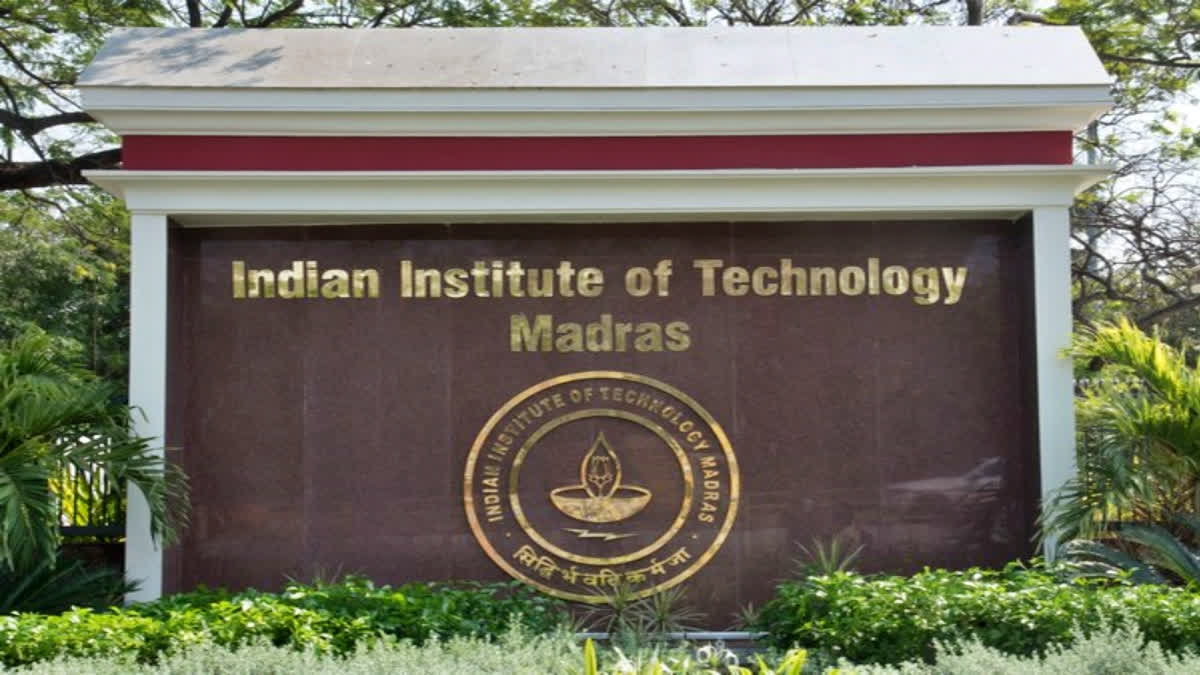Zanzibar: Indian Institute of Technology (IIT) will open its first-ever overseas campus in Tanzania's Zanzibar in October 2023 with a batch of 50 undergraduate students and 20 master's students, The new IIT campus will be set up in Zanzibar under the name IIT Madras at Zanzibar. Zanzibar will be one of three campuses outside of India, with the others located in Abu Dhabi and Kuala Lumpur.
Each of these campuses is designed to serve its respective region, with Zanzibar serving the greater East African region, The Citizen reported. The Citizen is a Tanzanian Daily reporting on political and social issues of Tanzania and the African region. For the first year, the institution will offer data science and artificial intelligence courses, however, the fee structure remains undecided at this point.
One may find Zanzibar to be an interesting choice, given the presence of cities like Dar es Salaam just a stone's throw away. Zanzibar's historical significance as a trade hub or its current attempt to reposition itself as an international business centre may have influenced the decision. Zanzibar offers both the tranquillity of a relatively small town, allowing students to maintain focus on their studies, and access to the rich Swahili culture, which would enrich their experiences, The Citizen reported.
President of Zanzibar, Hussein Mwinyi is looking forward to this project and has made it possible for IIT to begin operations this year by giving the necessary premises. He has guaranteed IIT the autonomy it needs to ensure that the quality is maintained. Though, there are a few concerns about how IIT would maintain its standards in Tanzania. For example, in India, IIT is popular among the people and students prepare for many years to get the opportunity to study at one of the institutions.
That ensures that IIT gets quality candidates, The Citizen reported. Not having a similar reputation in the Tanzanian region, there is a danger that the institution will not get the students it expects. Additionally, without the people and infrastructure that give it its institutional identity, the question of the overall experience becomes a big question mark. But the IIT has come up with a three-fold solution for these issues.
Firstly, by operating under the Madras umbrella, IIT proposes to provide Zanzibar with the same international recognition that IIT Madras enjoys, practically applying the hundreds of MoUs that Madras has signed with businesses and institutions worldwide to Zanzibar too. This suggests that students from Zanzibar will eventually have access to the same benefits enjoyed by students in Madras, including opportunities for internships at the world's top companies, The Citizen reported.
Secondly, admission will follow a three-way process that includes an entrance exam, a one-month preparation program, and an individual interview. In India, IITs rely heavily on entrance exams to recruit candidates as the only practical approach given that 1.5 million sit for those exams every year. Thirdly, to provide a comparable student experience, without the people, infrastructures, and systems available in India, the professors admit that that is a challenge that must be approached gradually, giving examples of the humble beginnings of other IITs in India.
The initial instructors for Zanzibar will be from India, but the long-term objective is to train a cadre of IIT-trained local instructors to carry the mantle. To that end, India has made 50 scholarships available to Tanzanian students beginning this year to attend Master's and PhD programs at various IITs in India. A permanent campus for IIT in Zanzibar will then be built, with completion anticipated within the next three to five years, The Citizen reported.
The establishment of IIT in Tanzania marks a significant step in strengthening the ties between India and Africa. It reflects India's growing interest in the African continent and its commitment to promoting education and human resource development in Africa. IITs are known for their research and innovation, and the establishment of IIT in Tanzania will encourage research and innovation in the African continent, which will help drive economic growth and development. (ANI)



